The reality of green energy: “green metal” supply chains won’t be able to keep up
NC State SCRC
APRIL 22, 2022
But nobody is talking about the supply chain for these vehicles, and the capacity required to build them. Converting an entire supply base of automotive suppliers, who are all focused on building of combustion engine-powered vehicles, and moving them all to electric vehicles, will be a superhuman feat. The losers?

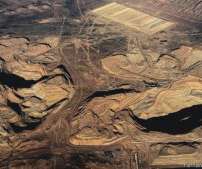
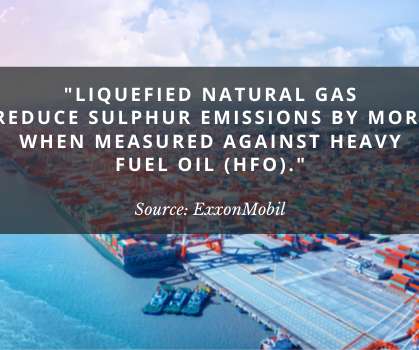
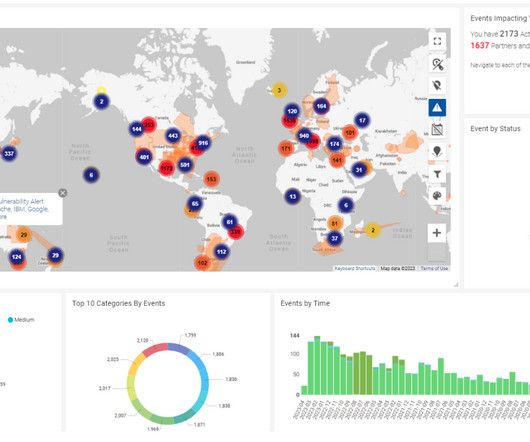
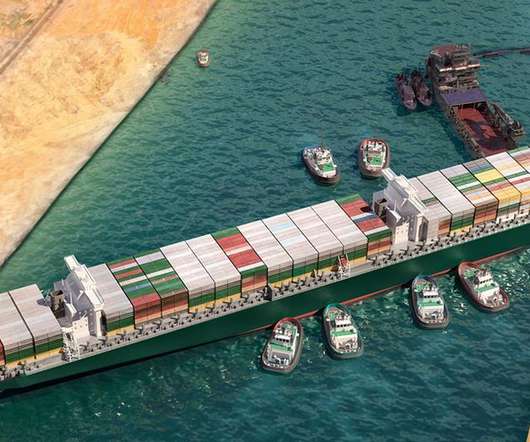
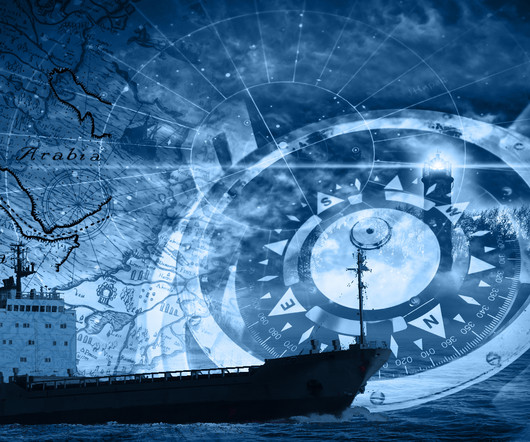










Let's personalize your content